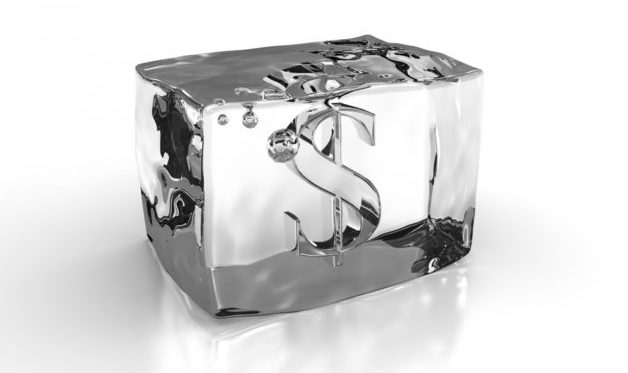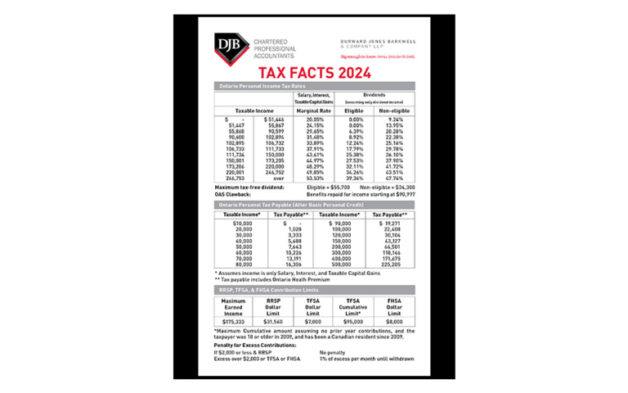
Estate Freeze Advantages and Considerations
Posted on April 14th, 2025 in Domestic Tax

The Canadian Income Tax law states that taxpayers are deemed to dispose of all of their property at fair market value immediately prior to death. This can result a significant income tax liability in the year of death. If the estate includes shares of a small business, the lack of funds to pay this liability may make it difficult to continue the business and keep it in the family. This deemed disposition can be deferred when assets are left to a spouse or a spousal trust, but this is only a temporary solution to the problem and does not solve the problem when the shares are transferred to the children.
The purpose of an estate freeze is to transfer the future increase in the value of assets to other individuals. In most cases, this would be other family members but could also include a key employee of the family business. The transferor retains the current value of his/her shares and defers the income taxes on the capital gain to the time of their actual or deemed disposition.
By entering into a freeze transaction, the transferor can determine the taxes that will be due on his/her death. Knowing what the future liability will be makes it easier to plan. For example, a life insurance policy may be considered as an option to fund the liability.
To accomplish the estate freeze an owner of a small business corporation exchanges his/her common shares for fixed value preference shares with dividend rights. New common shares are then issued to the new shareholders. They will enjoy the benefits of the future growth of the business. This will result in a lower capital gain on the deemed disposition when the transferor dies. One of the reasons for a freeze is to transfer the business to the next generation. However, consideration must be given to the share structure to allow the transferor to retain control of the business and, if he/she wants, provide a source of income by paying dividends on his/her freeze shares.
Careful consideration must be given to the value of the shares of the corporation that is being frozen. In many cases, it is recommended that a Chartered Business Valuator be engaged to determine the value of the shares. Unwanted tax consequences could result if the Canada Revenue Agency successfully challenges that the value of the fixed value preference shares does not line up with the value of the corporation at the time of the freeze.
What should be done if you as the business owner want to enter into an estate freeze but you are not sure whom you want the future growth to go to or your children are too young to have share ownership? In this situation, it would be a great idea to create a family trust to hold the new common shares. A family trust allows you to put off this decision for up to twenty-one years. Beneficiaries of the trust normally include all family members. At some date in the future, the trustees of the trust give the shares to the chosen beneficiaries. This is a non-taxable event. To provide for maximum flexibility, the business owner would also be a beneficiary of the trust in the event he/she decides not to transfer future growth and effectively decides to cancel the freeze. In certain circumstances income splitting can be achieved by paying dividends to the trust and then allocating the funds to beneficiaries. It is recommended that you seek professional advice before undertaking such tax planning and to help with the creation of a family trust.
Often the freeze shares that the transferor receives are redeemed over a number of years as part of their retirement income. This spreads out the tax liability and reduces the liability to their estate.
Individuals who have a significant portfolio of investments may want to consider implementing an estate freeze. To do so they would incorporate a holding company in which to transfer the portfolio. At the end of the transactions, the individual will own fixed value preference shares of the holding company and possibly a note receivable from the holding company with a combined value equal to the value of the stock portfolio. Other family members or a family trust will hold the common shares. Careful planning is required, including proper tax filings in order to transfer the portfolio to the holding company on a tax-deferred basis. In addition, the transferor needs to be aware of and to plan around the corporate attribution rules of the Income Tax Act, which could have a negative effect on the planning for years into the future.
In summary, an estate freeze can be a very good tax-planning tool but there are a number of items that must be addressed and considered before undertaking such a plan. A bad plan could result in an unwanted tax bill. The plan should be tailored to fit your needs.
Have any questions?
Drop us a line, we look forward to hearing from you.












